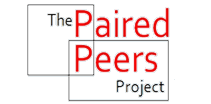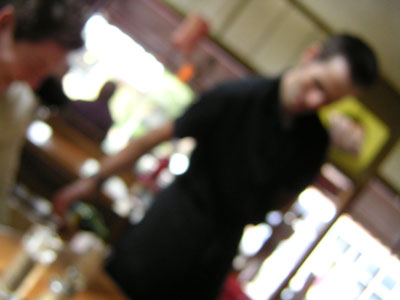

Paired Peers Moving On Up
There is growing concern in policy-making circles and society at large about the persistence of social class as an obstacle to social mobility in the UK.
What is it all about?

Education, and a university education in particular, is often seen as a key catalyst to enhancing a person’s social and economic life chances.
However, despite efforts to widen participation in higher education, elite universities have failed to meet the targets set and continue to have difficulties in attracting and recruiting students from working-class families.
Little is known about how students from lower-income families fare when they do reach university and even less about whether their graduate status really enables them to enter prestigious professional careers on an equal footing with better-off peers.
As of autumn 2012, the cap on tuition fees has been raised, and most universities now charge students £9,000 per year, leaving graduates with the prospect of at least a £27,000 debt.
Now more than ever, we need a better understanding of how social class facilitates or impedes the catalytic effects of a university education.
Paired Peers: Moving On Up

We believe that higher education (HE) does play key role in social mobility but the processes by which this happens are still relatively under-researched. In particular the transition from university to work is the time when individuals can start to realize the economic, cultural and social capital of HE, mediated by class and gender. Paired Peers Moving On Up aims at exactly this: exploring in depth the post university transition as well as the processes by which different trajectories of social mobility are set in train.
Paired Peers Moving On Up, which is funded by the Leverhulme Trust, is built upon the previous Paired Peers study, which was a three-year qualitative study of students’ experiences at the two universities in Bristol (University of Bristol and the University of the West of England). Paired Peershas tracked an initial cohort of 90 (final number 73) of middle-class and working-class students through their undergraduate life and collected rich data on all aspects of the student experience. The overarching aim was to consider the impact of social class on the undergraduate experience and thus to evaluate the role of HE in promoting social mobility. Now, in the second phase of the project, we are tracking the same cohort into the next stages of career-building and employment (in terms of class and gender differences, aspirations and approaches to career development).